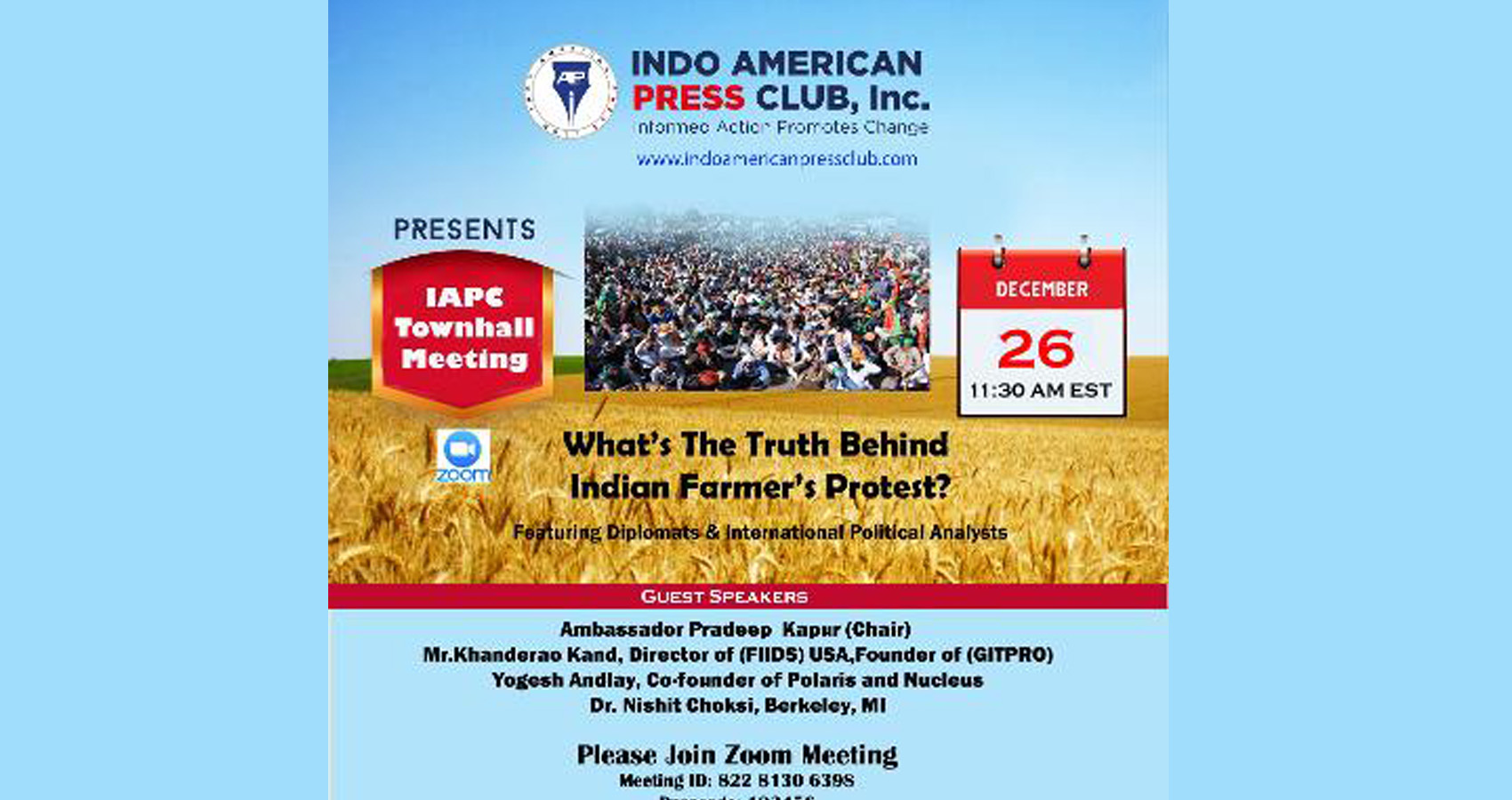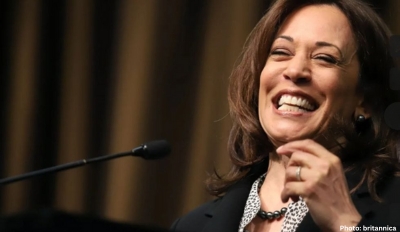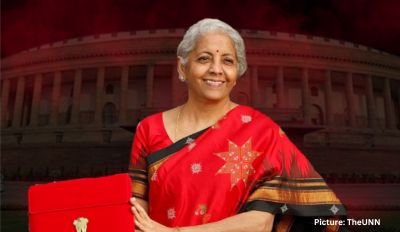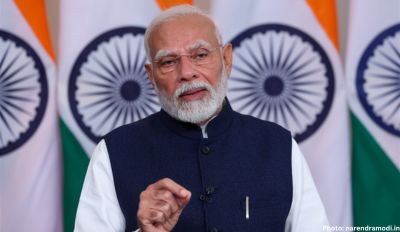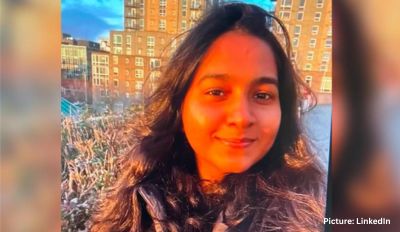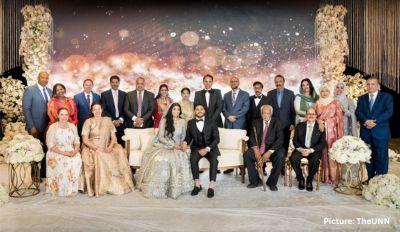“Media projection is more important on the Farmers’ agitation in India; and as a responsible media club, Indo American Press Club is prompted to impact the mainstream western media for global narrative,” Ambassador Pradeep Kumar Kapoor said while presiding over the Zoom Meeting hosted by Indo-American Press Club (IAPC) on “ What’s the truth behind the Indian Farmers Protest?” on Saturday 26th December 2020.
Since 26 November, farmers have been protesting outside Delhi’s borders, demanding the Farm Bills’ repeal. Indo American Press Club hosted several Zoom Meetings on this complex current issues facing the nation, with vibrant participation by diplomats and political analysts from different parts of the world.
Dr. Joseph Chalil, Chairman of Indo American Press Club introduced and welcomed the invited guest speakers. In his introductory remarks, Dr. Chalil shared with the audience about some of the initiatives under the new leadership, including the series of discussions by world renowned experts from around the world on several current topics including Indo-US Relationship under Biden-Harris administration.
Ambassador Pradeep Kapur, a Best Selling Author of Beyond Covid 19 Pandemic and former Ambassador of India to Chile and to Cambodia, and Secretary at the Indian Ministry of External Affairs, was the chair leading the discussions. In his initial observations, he said that the struggle of the Indian farmers has gained much global attention, but remain uncompromised. Instead of holding on the ‘no discussions, until repealing all the bill’ both the farmers and the government need direct discussion for an amicable settlement.
Mr. Yogesh Andley; Director, WHEELS Charitable Foundation, Co-founder of Nucleus Software, explained the background of APMC and the evolution of Mandis nearly 50 years ago. He educated the audience as to how the rice and wheat procured at Rs.18 or Rs.19 reaches at Rs.35 at retail level, but distributed at Rs.2 or Rs.3 providing food security to millions of Indians. He also expressed the fear of the farmers that the private sector may buy at higher prices in the beginning, but lower down the prices dangerously.
Mr. Khanderao Kand, Director of the Foundation for India and Indian Diaspora Studies (FIIDS), a Washington DC-based think tank working on India and Indian-related studies on socioeconomic, political and international security matters, elaborated about how the Indian situation has changed from a poor country to an exporter of food products like rice and wheat. He condensed the view that the Indian government is not closing the ‘Mandis’, but encouraging to open more local markets in each village. He stated that the farmers are afraid that the new laws will lead to contract farming and losing their farmlands to few corporates eventually.
Mr. Vimal Goyal; CPA and also industrialist from Long Island, NY expressed a different perspective on economic considerations. He affirmed the view that the latest one is the most comprehensive farmers bill, as the farmers were left behind with no recognitions so far. He was of the opinion that this bill is going to promote the abundance of rice and wheat. He also mentioned that the poor farmers do not have resources of e-commerce or transporting facilities, and hence they have to resort on the greedy private middlemen, most often.
Dr. Nishit Choksi; a world renowned Interventional Cardiologist from Michigan raised the question who is actually leading the protest- the poor farmers or the greedy middlemen or dalaals?. He narrated the history that no development happened in Punjab or Haryana during the last 30 years, even though many rivers and dams are provided years back. According to him, these laws are nothing new, but good for the nation: the government should properly educate the farmers.
Mr. Narender Kapoor expressed his views to escalate the importance of the situations rather than concentrating on academic discussions. He alerted that the movement and agitation shall not be vulnerable to hijacking.
Dr. Shyam Klvekar from London urged that we need more communication with end-users. Many of the participants raised different questions and were answered by the learned panelists. Ambassador Pradeep Kumar Kapoor summarized the salient features of the diplomatic and analytical discussions.
Dr. Renee Mehrra, a tenacious broadcaster with a burning passion and one of the most prominent broadcast journalists in the tri-state area was the moderator of the event balancing the various issues and views expressed by the participants. The zoom meeting was concluded with the vote of thanks expressed by Ajay Ghosh, Founder President and Present Director of IAPC.
The Truth Behind The Indian Farmers Protests: Experts Weigh In At Webinar By IAPC
